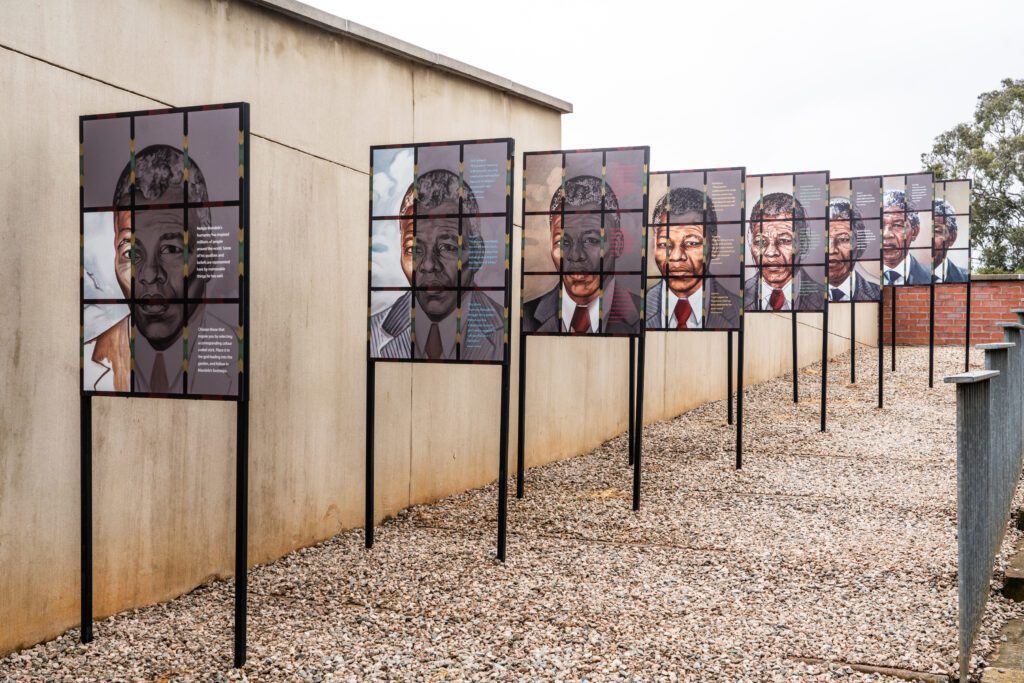The 20 Years of B-BBEE Policy Improvements, Reviewing Targets, and Implementing B-BBEE 2.0

The genesis of B-BBEE review reflection on policy improvements and targets implementation ought to be examined and analysed from the standpoint upon which the original BEE legislative framework was founded. Exactly 20 years ago, National Assembly enacted the Broad-based Black Economic Empowerment Act 53 of 2003. The preamble of this legislation entails, among others, that it is intended “to establish a legislative framework for the promotion of black economic empowerment.” In doing so, this article or contribution seeks to briefly interrogate the purpose of black economic empowerment. Having said that, the purpose of B-BBEE in the business community is not entirely different from the workplace affirmative action. A perfect analogical reference can be traced back prior to the transitional period in our democratic dispensation wherein black people and white women were not allowed to hold management positions. In fact, the old apartheid regime only reduced them to lower occupational positions at the behest of their white counterparts who were in the top layered managerial positions. By the way, affirmative action is regulated by the Employment Equity Act 55 of 1998.
Even in the business arena, a similar situation played itself out where black people and white women were not, if not fewer, owning companies listed in the JSE. All JSE listed companies were dominated and owned by white males. Currently black ownership in JSE is sitting at around 39% while the remaining 61% reflects ownership by white South Africans and by foreign nationals (Kirsten Cosser: 2022). The primary reason for the enactment of this transformative framework is that when the ANC took over government in 1994, it had two options;
- a) To nationalise commanding heights of the economy as part of its primary policy orientation on the business front in order to broaden sectors from which economic empowerment could be addressed from, and
- b) To dismiss all managers in who served the previous regime and hire a new team of senior managers who would be loyal to its policy objectives.
Growth, Employment, and Redistribution (GEAR) policy was later adopted with the primary focus of privatization and removal of exchange controls on the business front, while affirmative action was widely welcomed in the workplace. Indeed, there were some resistances from those who were against transformation. All over the world, there is a standard administrative governance practice that allows for the overhaul of the entire bureaucratic system. However, in South Africa, we opted for the sunset clauses. The purpose of the sunset clauses was to ensure the incumbents are not removed from senior management positions. In other words, government was obligated to explore and find a way in which there can be measures to advance black management in the workplace while on the business front, it delicately cautioned from radically rushing into equalizing, nationalising or taking major multinational companies. However, the only way to achieve transformation in the business sector was to have black empowerment. Against this backdrop, we (as BMF) would like to reflect on the 20 years of B-BBEE and contributions it has in the business community.
Two decades of transformational cast back on B-BBEE policy frameworks.
Every political dispensation demands socio-economic changes. Therefore, it is common cause that even the ANC led government had to foster an approach or practice in the business community similar to affirmative action in the workplace. In doing so, it would not be seen to be progressively advancing affirmative action in the workplace while neglecting to pay attention to black business. After all, GEAR policy was (indirectly) aimed at advancing black business interests.
In the beginning, the implementation stage of BBE was to outsource as a first step and later the continued with the insistence of the B-BBEE scoring requirements. Towards the end, we will reflect and interrogate whether the transformative objectives have been met. But before then, let us take a look at how privatization in the universities, state department, and other SOEs had their plethora of services outsourced. Outsourcing of these services were indirectly aimed at ensuring that black people benefit, thereby creating a layer of a new crop of businesspeople who were previously marginalised by the old regime. Former employees would become the new owners of companies. However, later the people who benefited from such tenders were fewer and some political heads started to have ambitions of enriching themselves and their families. To this day, majority of these services remain outsourced and to ensure that everyone benefits, the government ensured that the enforcement and score card had to be complied with. Government has immense power and authority to insist on certain deliverables before anyone can do business with it.
For instance, the majority of companies in the construction sector benefit a lot from public works or infrastructure-related tenders, and it is from this premise that the government would insist on certain deliverables or transformation scorecards.
Admittedly, it has assisted a lot in achieving the intended objectives of transformation because the majority of black people and white women are now getting involved in business. However, there is still resistance from other quarters of society despite the efforts by the government to transform the business community. Over and above, we need more black people who are rich in our economic spaces, and it is satisfying to see the creation of more black South Africans in the Forbes and other lists of the richest people locally, regional, and global rankings. It gives hope that there are greater transformational achievements in South Africa than it was 20 years ago. Having said that, we do hope that black businesses will also use capital earned from black economic empowerment initiatives to fund industrialisation and local beneficiation of raw materials. This will certainly take black economic empowerment to another level and create more employment opportunities for our people.
This contribution examined and reflected on the impact of B-BBEE policy framework implementation. Furthermore, we interrogated its policy successes and to some extent implementation failures. Should B-BBEE continue? We do not see how, and why it should not continue. In short, it must continue until we get to a point where we are equal among each other.

ABOUT THE AUTHOR
Konanani Happy Raligilia, is a member of the Policy and Research Committee at BMF; Senior Lecturer in the Department of Jurisprudence at UNISA; Non-Executive Director at Earth Centre NPO; and Head of the Medical Law and Biotechnology flagship at UNISA.
He holds LLB (Univen), LLM Labour Law (University of Limpopo), and LLM International Law (University of Pretoria). His research interest covers employment law, human rights, medical law, and public international law.






Responses